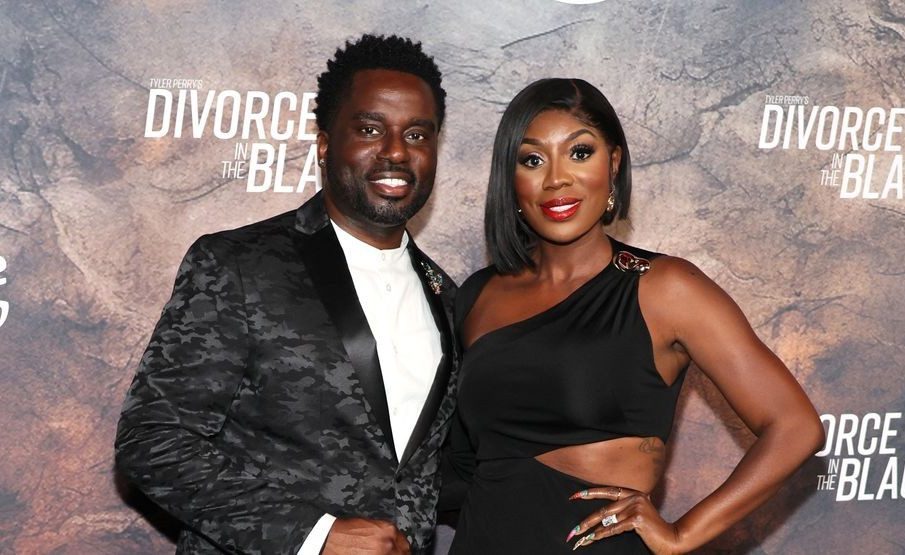The Rise of Wendy Osefo: A Multifaceted Personality

Introduction
Wendy Osefo has become a household name, especially for her role in the popular reality television series ‘The Real Housewives of Potomac.’ As a political analyst and educator, her multifaceted personality has captured the attention of audiences both on and off-screen. Understanding her journey is essential, as it not only highlights her individual accomplishments but also raises important discussions about representation and diversity in media.
Background and Education
Wendy Osefo was born in Nigeria and moved to the United States at a young age. She obtained her bachelor’s degree from Ohio University, followed by a master’s degree in Public Health from Johns Hopkins University. In addition, she holds a PhD in Education from the same institution, equipping her with extensive knowledge and skills in her field. Wendy’s educational background is a testament to her commitment to excellence and empowerment, making her a strong role model.
Career and Achievements
Wendy Osefo’s career spans various fields, including academia, politics, and entertainment. As a political analyst, she frequently provides insights on major news networks, and she is known for her keen ability to dissect complex political issues. Her work encourages informed conversations among viewers, allowing them to engage with current events critically. Wendy is also a professor at John Hopkins University, advocating for education and the empowerment of her students.
In the realm of reality television, Wendy joined ‘The Real Housewives of Potomac’ in its fifth season, quickly becoming a fan favourite for her candidness and dedication to her family and cultural roots. Her presence on the show has opened discussions around various societal issues, including race, identity, and self-perception.
Recent Events and Impact
Recently, Wendy Osefo has been instrumental in promoting mental health awareness and education. During the pandemic, she actively participated in campaigns focused on self-care and the significance of seeking help. Her advocacy work has resonated with many, highlighting the importance of addressing mental health, particularly within minority communities. Wendy continues to utilise her platform for positive change, encouraging her followers to prioritise their well-being.
Conclusion
As Wendy Osefo’s career continues to flourish, she remains a vital figure in the conversation about diversity in entertainment and education. Her background and achievements demonstrate the importance of representation, inspiring many to pursue their goals regardless of their starting point. Looking ahead, Wendy’s influence will likely grow, and she may take on further roles in promoting advocacy and education, paving the way for future generations.








